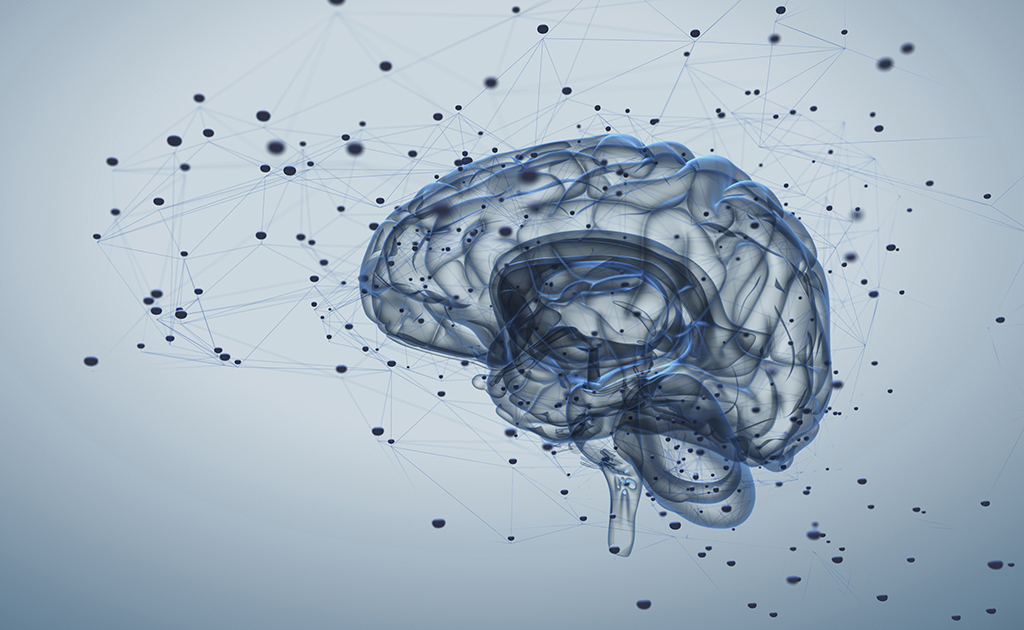Blue Oak taps AI specialist Exscientia for CNS drug discovery

US startup Blue Oak Pharma has joined a lengthening list of companies turning to Exscientia of the UK for its expertise in applying artificial intelligence to drug discovery.
Waltham, Massachusetts-based Blue Oak – led by neurobiologist and former Eli Lilly and Sunovion executive Tom Large – will work with Exscientia on new classes of neuropsychiatric drugs, with a focus on “bispecific” small molecules that can interact with two drug targets at once.
The UK company made headlines earlier this year when partner Sumitomo Pharma started clinical trials of a drug candidate for obsessive compulsive disorder, said to be the first medicine developed using AI to enter testing in humans.
Exscientia’s roster of partners – which also includes pharma heavyweights like Bayer, Bristol-Myers Squibb’s Celgene unit, Sanofi, GlaxoSmithKline, and Roche – have bought into the promise of its platform to accelerate drug discovery and improve drug development productivity.
The UK biotech reckons its use of AI and machine learning can trim years off the current 12- to 15-year cycle from early research to marketed product. Sumitomo’s OCD candidate, for example, went from discovery to clinical testing in just 12 months.
Blue Oak has been operating largely under the radar since it was set up in 2016, but has quietly started building alliances as it prepares to advance new drug classes for central nervous system disorders, including a partnership with early-stage drug discovery specialist PsychoGenics in 2017.
Over the years, Large’s research teams have generated 13 experimental drugs advancing through all stages of clinical development, including Sunovion’s SEP-363856, a drug for schizophrenia which also grew out of a PsychoGenics alliance. That candidate is in late-stage clinical testing and picked up an FDA breakthrough designation last year.
At Blue Oak, Large is spearheading the development of first-in-class drugs with new mechanisms-of-action for bipolar disorder, schizophrenia and treatment resistant depression, although at the moment all these projects are in the discovery phase.
In a statement, Exscientia said the timing of its partnership with Blue Oak is “prescient”, because after decades of stagnation researchers are starting to generate and validate new pharmacological targets for brain disorders.
[embed]https://twitter.com/exscientialtd/status/1316291327001325573[/embed]
“We’ve known the strengths of the Exscientia AI platform for some time, especially the ability to evolve very small molecules that can selectively interact with more than one target,” said Large.
“With Blue Oak’s deep knowledge of complex neuropsychiatric illness, we will be able to look at carefully chosen target combinations that can bring major benefit to psychiatric patients,” he added.
The global market for AI in healthcare was worth $2.1 billion in 2018, with exponential growth to $36.1 billion predicted by 2025, at a combined annual growth rate of 50.2%, according to a recent report by finnCap.












